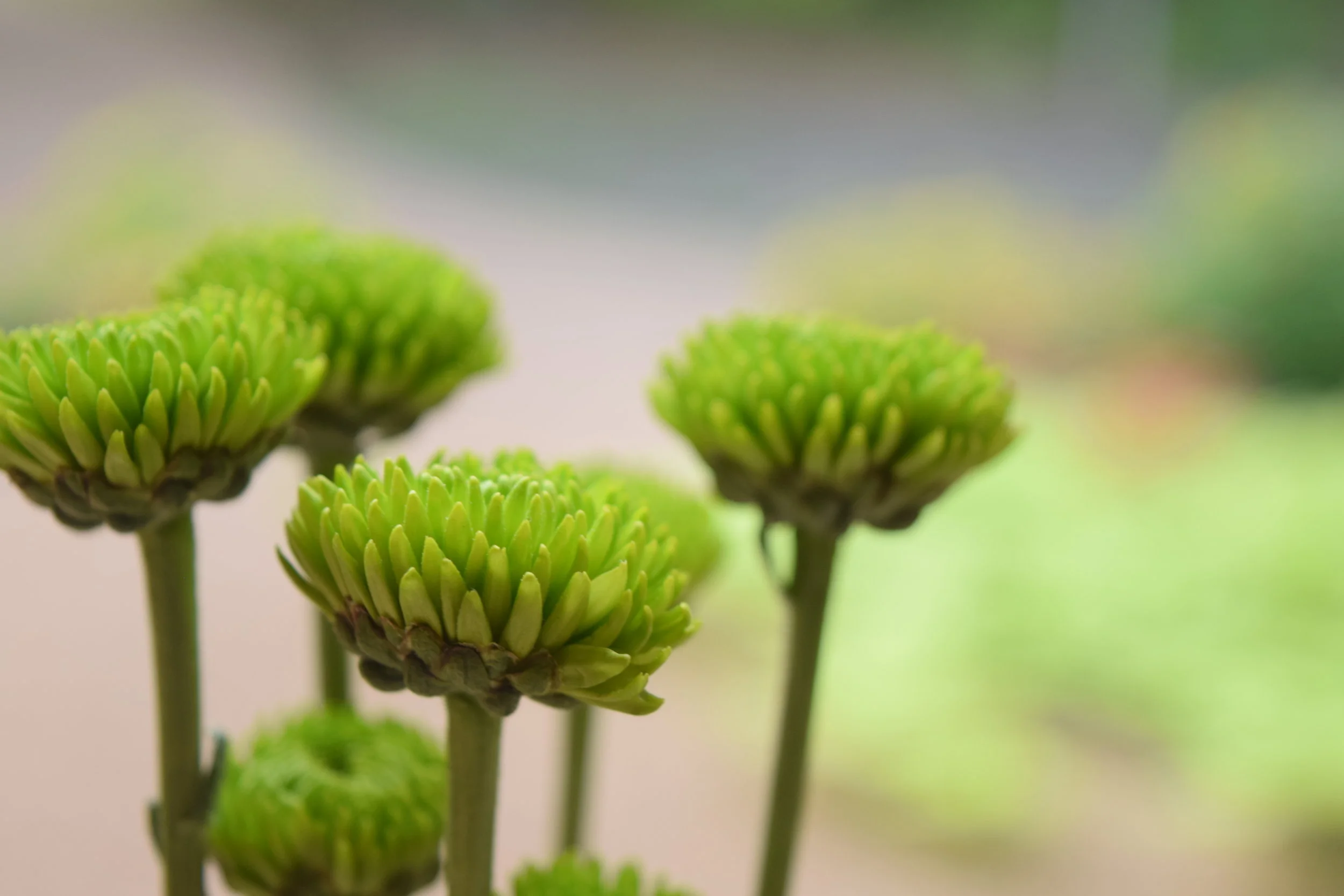Ways to Manage Anxiety During COVID-19 Pandemic
/This year has been absolutely wild!
My family and I were visiting loved ones out-of-state during spring break when coronavirus began to really spread in the U.S. While I tried to relax and focus on family time, I have to admit I was anxious to get back home. Being away made me feel helpless and unprepared. I mean, were we going to have food and toilet paper when we got back???
As we made our way home, a great amount of changes started to occur in a short amount of time and we received news in the form of social media, news channels, word of mouth, and emails. I felt bombarded by all this information that honestly added to my confusion of how to feel and how to think. I began to recognize my physical sensations - tightness in chest, muscle tension, shallow breathing, etc. My anxiety began kicking in.
Many of us are experiencing feelings of anxiousness and uncertainty due to the numerous adjustments that have been made in our attempts to contain COVID-19. These changes rattle our normal way of living and threaten our autonomy. However, there are still things we can do to try to gain a sense of control during these crazy times.
Five ways to cope with our current anxiety:
1. Establish a consistent routine. Like so many others, I am losing track of my days. Is today a weekend or a weekday? You may not have the same routine but you can find ways to make it more consistent. Anxiety can come up for us when we sense that things are unpredictable. And while we don’t know when this situation will return to “normal,” we can structure our schedule in a way that provides comfort and stability.
2. Avoid information overload. Limit your news outlets to avoid feeling more anxious than is necessary. Different sources can provide confusing, conflicting, and alarming information which can lead to increasing anxiety in us. Also, too much anxiety can lower your immune system making you more vulnerable to sicknesses. Which is what we are trying to avoid, right?
3. Connect with others. So, you can’t meet your friends for coffee or have your family over for dinner. That’s a real bummer for a lot of us. Being quarantined can easily make us feel isolated which can play a significant role in our state of mind. Make good use of the technology we have available – call, text, or video chat with friends and family to keep from feeling lonely and disconnected.
4. Allow time for yourself. You are probably confined in a home with one or more people. Closeness is great but it’s okay to require alone time too. Some of us need that individual time to re-energize and clear our minds. Establish times that you and your family members will spend together and apart. If you live in a small home, compromise with your loved ones on shared space and consider your outdoor space as an extension of your living area.
5. Adjust your perspective. Change your perception of the situation. If you see it negatively, you are more likely to experience it negatively. Look at this as a temporary situation in which you have an opportunity to focus on other avenues in your life. How might you make this time useful for you? What projects have you had on the back-burner? At some point, we will go back to work and school, we will hug and hold our loved ones, and toilet paper will be plentiful again! But how do you want to look back at this event? Did you make good use of this time?
In some cases, it is necessary to seek assistance from a mental health professional. Many therapists and counselors have made the jump to providing services via phone and video chat. You can receive quality mental healthcare from the comfort of your own home. If you feel your anxiety is overwhelming and finding it difficult to cope, I encourage you to reach out for help. And remember, we’re all in this together!

